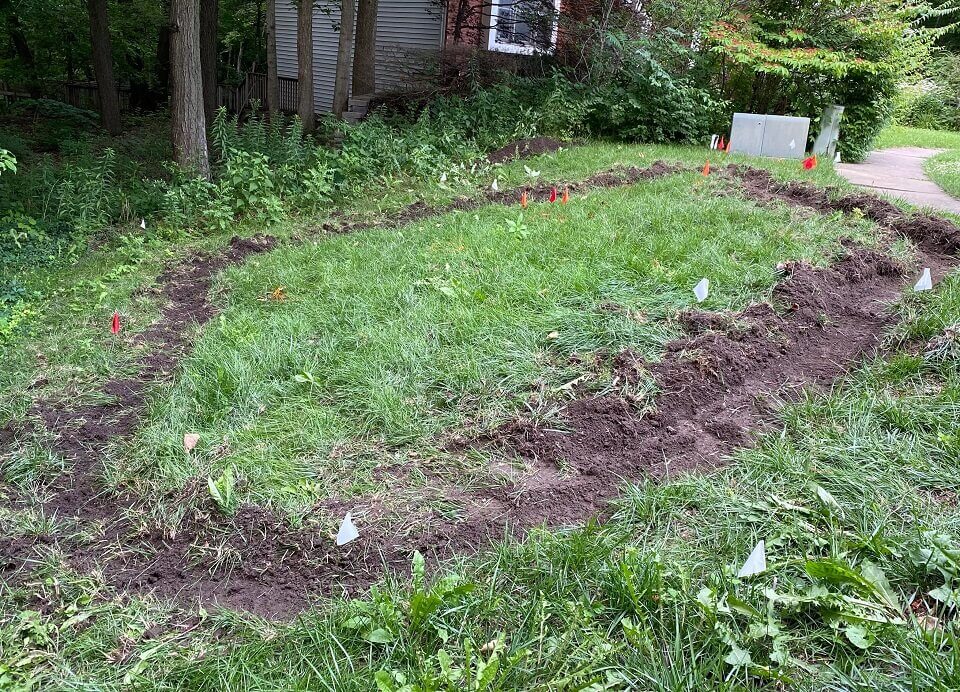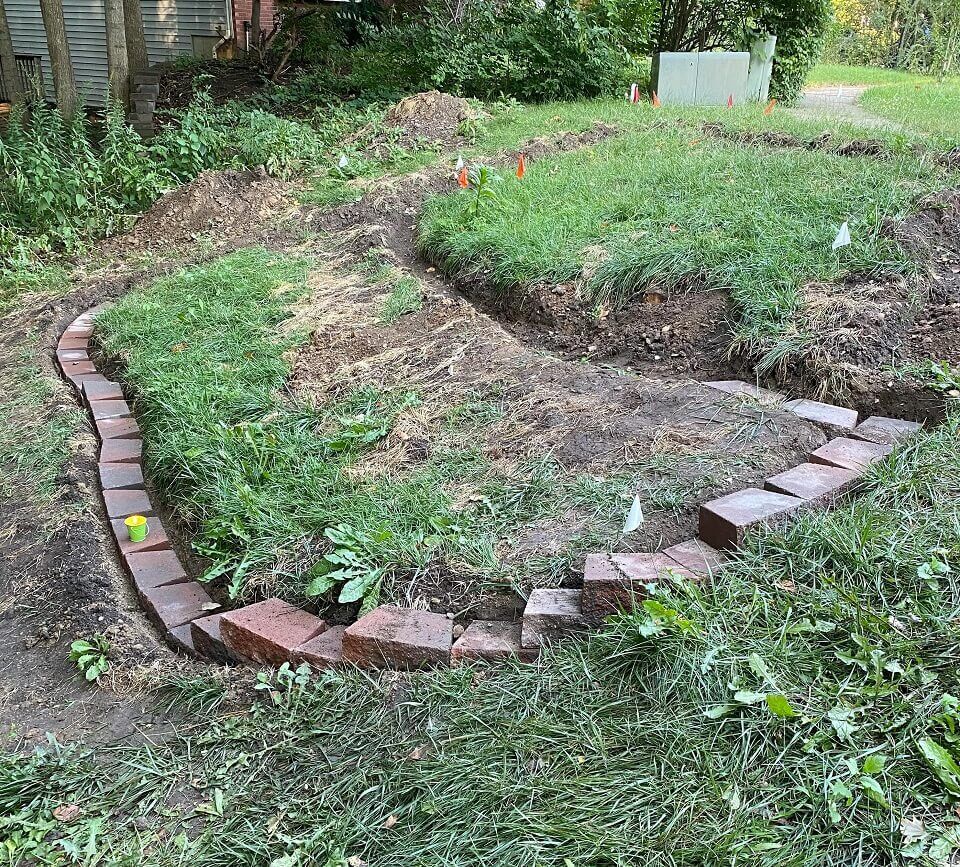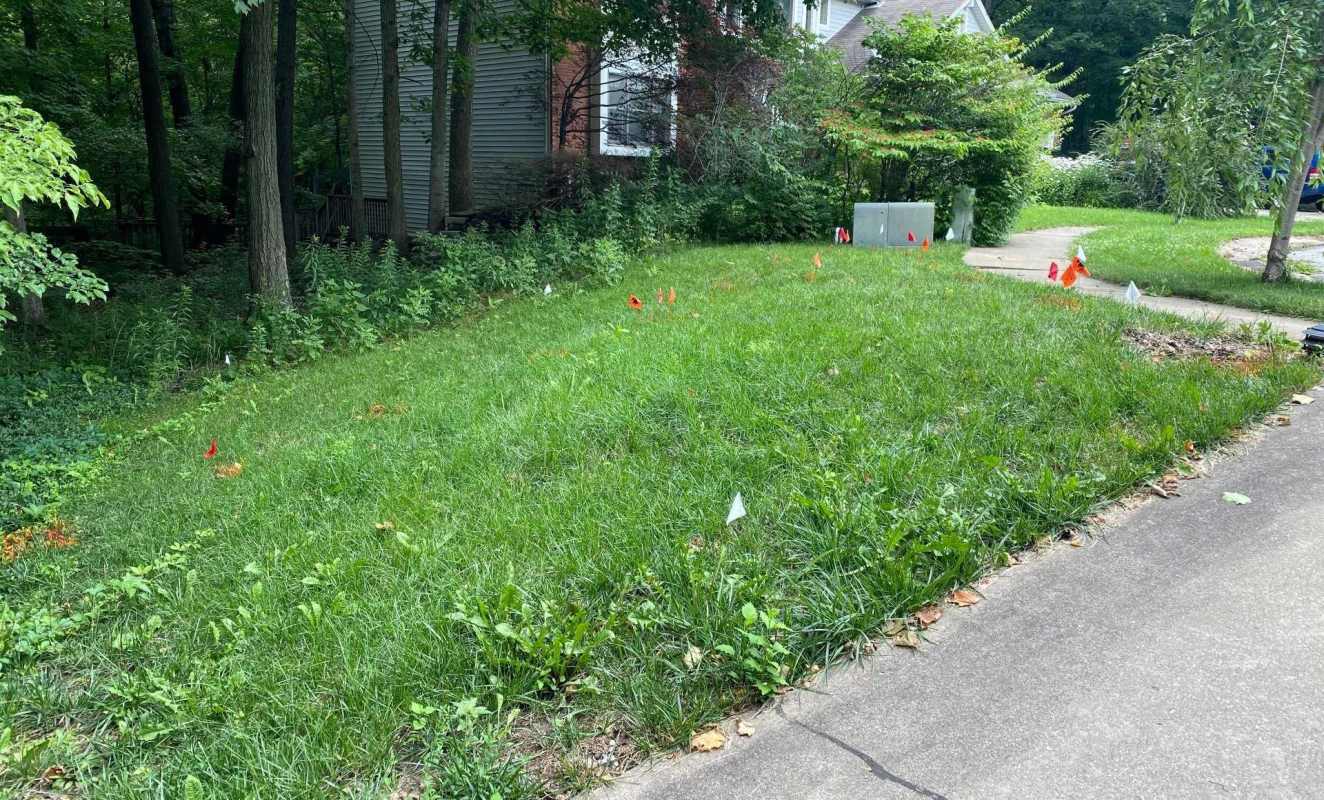The people who advocate against traditional lawns are a passionate bunch (see: the name of the subreddit r/f***lawns). However, the move to utilize lawn space better is justified.
One Redditor in the community recently posted about a transformation after they turned a "useless lawn" into a yard with beautiful raised beds.
The Reddit post showed several progress photos. The area started as a small steep hill. Over several photos, you can see the area mapped out, dug up, and rebuilt. The final result showed two levels of "retaining wall planters."


The garden was filled with diverse plants. That's especially apparent when compared to the starting photo of a traditional grass lawn. The poster commented that there were several native plants in the garden, saying, "There is pokeweed and verbena on the lower tier."
While this homeowner put in a lot of time and effort to change up their yard, there are easier ways to bring biodiversity to your home. Some gardeners remove sections of lawn each year, while others have simply seeded their lawns with clover.
The move toward rewilded yards has been great for the environment, as monoculture grass lawns support fewer pollinators than native gardens. The decline of these creatures could significantly impact our food supply. According to Forbes, "Pollinators are directly responsible for at least one out of every 3 bites of food we eat."
Additionally, manicured grass lawns take lots of water and effort to maintain, and while they are better than asphalt, they still feature high ground temperatures. Replacing some of your lawn with a native species can save you money and time and help the planet. The average person can bank nearly $400 a year on water, fertilizer, and pest and weed control.
The Reddit community praised the incredible lawn transformation.
"Dry stacked stone walls have been standing for centuries. It's just a matter of gravity, balance, and fitting the stones together," one person said of the smartly executed makeover.
Another wrote, "Looks like you put a TON of work into this! Kudos to you."
A third commenter said, "I think this is a great use of space and mitigating erosion in the short term."
Join our free newsletter for easy tips to save more, waste less, and help yourself while helping the planet.









